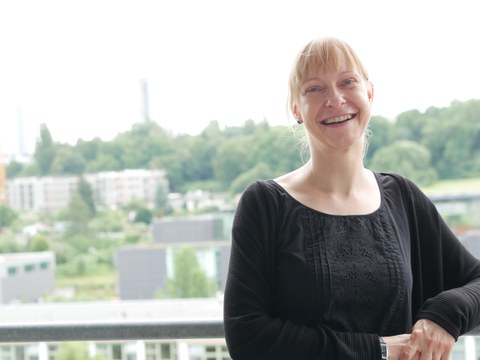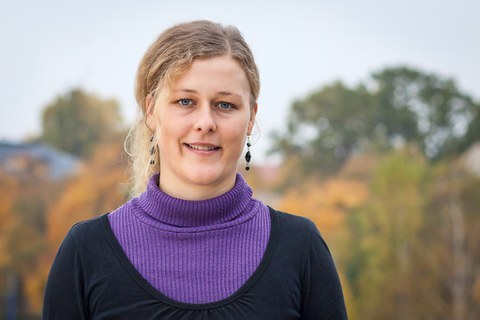Confidant
At the Faculty of Psychology, there are confidants who serve all members of the faculty (students, doctoral students, staff, professors, employees in administration and technology) as easily accessible contact persons and, in particular, as mediators in problematic situations.
Our approach to work is solution-oriented and based on a mediating attitude. Of course, we also see it as our task to take a clear stand in the case of clear grievances and to support you. From our experience, we know that those affected often only turn to us when the situation is already quite messy. Therefore, we would like to encourage you to contact us at an early stage when problematic situations become apparent. We are here for you, even if you "just" need a sympathetic ear or you "just" have a question.
Confidants for researchers:
Prof. Dr. Stefan Scherbaum
Chair of Methods of Psychology and Cognitive Modelling
BZW, room A 315
Zellescher Weg 17, 01069 Dresden
Tel.: +49 351 463 33258
stefan.scherbaum[at]tu-dresden.de
Dr. Antje Proske
Chair of Developmental Psychology and Lifespan Neuroscience
BZW, room A 208
Zellescher Weg 17, 01062 Dresden
Tel.: +49 (0)351-463 3 6029
antje.proske[at]tu-dresden.de
Prof. Dr. Anna-Lena Zietlow
Chair of Clinical Child and Adolescent Psychology
Falkenbrunnen, Chemnitzer Str. 46a
01187 Dresden
Tel.: +49 351 463-35704
Dr. Anja Kräplin
Dependent Behaviour, Risk Analysis and Risk Management Research Group
Falkenbrunnen, Chemnitzer Str. 46
01187 Dresden
Tel.: +49 351 463-39848
Confidants for the employees in administration & technology:
Dipl. Math Constanze Liebers
Chair of Engineering Psychology and Applied Cognition Research
BZW, room A220
Zellescher Weg 17, 01069 Dresden
Tel.: +49 351 463-34750
Procedure in the event of conflict
As a rule, the procedure for dealing with conflicts is as follows:
- joint problem/conflict analysis
- Discussion and, if necessary and desired, talks with other persons involved
- Possibly referral to conflict mediators
The confidential counsellors give an annual oral report to the Faculty Council on the frequency of complaints (in the sense of quality assurance within the faculty).
Further offers and information from the university on complaint management outside the faculty can be found here:
- Conflict management at TUD
- Information and conacts on good scientific practice




